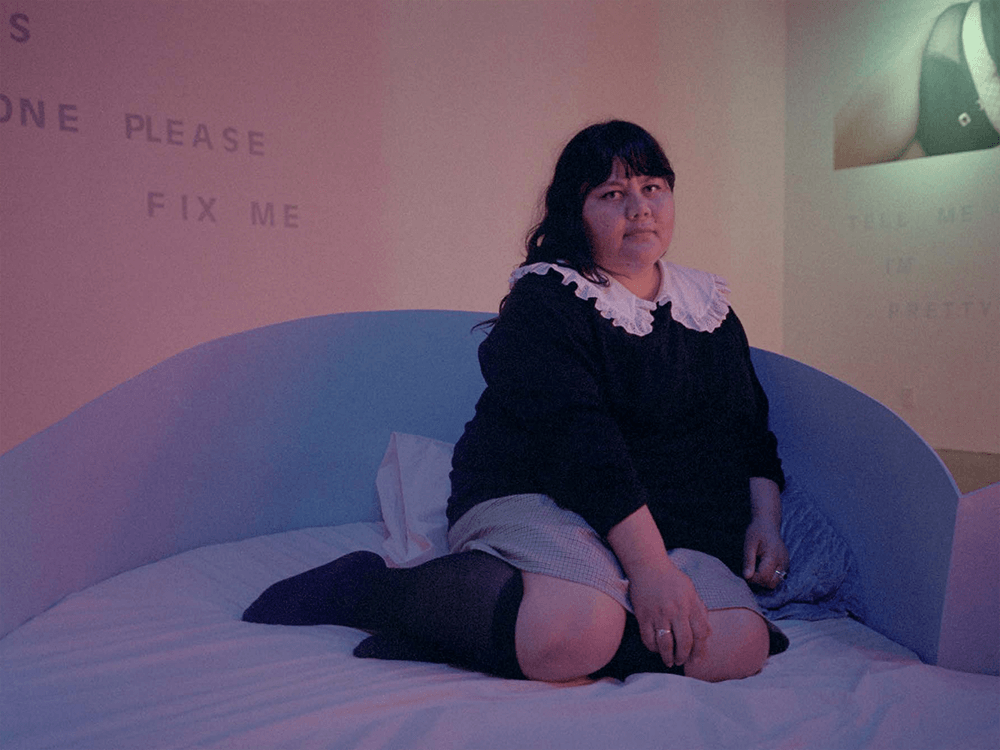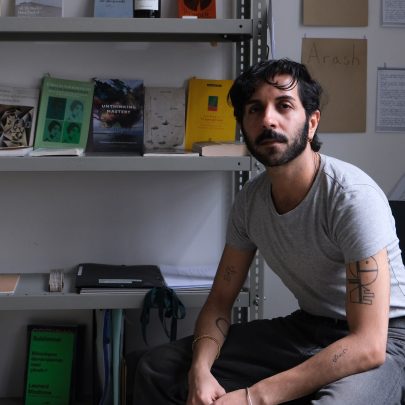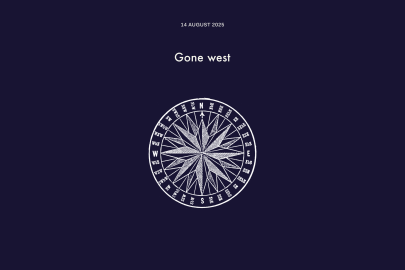Apr 26, 2021 Arts
There’s something cruel about romance movies. The too-good-looking protagonists, the inevitable devastation of the first narrative arc and, perhaps worst of all, the fantasy of happy endings. Happy love? Disgusting.
For young girls, the fantasy of romance movies is perhaps one of the most enduring, a kind of coming-of-age where partners, proposals, diamond rings and golden retrievers are all part of one’s star chart. We’re taught to dig in and hold tight until we are swept off our feet, at which stage we’ll find the pot of golden happiness at the end of the three-act rainbow.
Of course, in our rational minds we understand that romance movies and TV shows are just that, but there’s always a part of us that holds onto their promise — the optimism and the comfort that everything will end happily are a part of a necessary fantasy, a fantasy that, in the face of all else, keeps people going with the hope that this whole being-alive thing won’t be for nothing in the end.
In If I die, please delete my Soundcloud (2019), a single-channel video work by Natasha Matila-Smith, we see the artist lying in her bed, with her laptop playing something we can’t quite make out. She grabs her phone and scrolls. The room is tinged pink, and haiku-esque phrases pop up over the image of the artist: “I leave my laptop running all night long because it makes me feel less alone” and “I’m ready to have my heart broken again” and “My loneliness is manageable but I think I’m just a bit tired of doing things on my own.” They read equally as poetry or as the artist’s internal monologue. We see her physically alone, yet know that she’s longing for someone, or something, waiting for her happy ending.
The work, currently on show at the NGV Triennial exhibition at the National Gallery of Victoria in Melbourne, brings to light the distinction between romantic fiction and real life. You watch, wanting someone to burst into the bedroom and sweep her off her feet, but it never happens. We’re left there — hollow, lonely, not knowing whether to feel sorry for the artist or to laugh.
When Matila-Smith and I sit down for breakfast in St Kevins Arcade on Karangahape Rd ahead of her solo exhibition at Artspace Aotearoa, it’s Aquarius season, a solar return for her, which is said to be a time for reflection and changing mindsets in true Aquarian idealism. We first met at art school a decade ago. Since then, she’s had a suite of exhibitions across Aotearoa, and is currently the 2020-21 curator in residence at the 10th Asia Pacific Triennial of Contemporary Art at Queensland Art Gallery and Gallery of Modern Art in Brisbane.
While her practice has had many shifts and transitions over the years, there has always been a kind of poetry. Her art has focused on a combination of humour and self-deprecation in confessional-style works in film and on fabric, with a vibe somewhere between a self-roasting meme, Clueless (1995), and sad-girl Tumblr. These works tend to be described as the artist dealing with her personal experiences of loneliness in the world, yet after we spend time together, Matila-Smith seemed more interested in grappling with fantasies of the romance genre, while still hopeful of some kind of probable romance.
It all started on social media. Using the materials and tools she had around her (her phone and an Instagram account), Matila-Smith started posting. For a shy person, social media offered her another language of expression. Her posts had a Microsoft Paint aesthetic and would say things like, “BRB Trying to forget about you” or “Just wanna know if you think about me.” Matila-Smith says compulsive sharing online in tandem with the romance storylines on shows like Roswell offered her a coping strategy for things happening around her. While she admits that it never really did offer her catharsis (calling it “juvenile”), the posts act as a pre-history to Matila-Smith’s exhibitions, and the clear reference to notions of online intimacy have remained.
Online intimacies are taking on a different meaning now, as people around the world come close to a year in various forms of lockdown, or at least restrictions on movement. In another recent work, Self-isolating in your heart, exhibited online on Runway Journal, the artist connects notions of loneliness to the isolating environment of lockdown. In the piece, Matila-Smith’s typical text, which reads as longing for a lover, shifts meaning and pertains to the longing for any form of intimacy and connection, about lovers or lockdown. In Self-isolating in your heart, we are reminded that feelings of loneliness and desires for intimacy are innately human, echoing the “be kind” rhetoric of the past year.
Matila-Smith’s work can be difficult to engage with because you’re never sure what’s a joke, what’s real, what’s personal and what’s universal. But the tangle that audiences can find themselves in is part of its unsettling genius. Her work mirrors people’s own insecurities back to them, when they don’t have the language or even the consciousness to express them, requiring her to take on a pretty bolshie yet vulnerable persona, which, she says, plays with, rather than elicits, emotions.
Of course, romance and loneliness are intimately connected, like two ends of a spectrum. In focusing the works so intensely on loneliness, what the artist is actually wanting to talk about is romance. The self-doubt and self-deprecation of Matila-Smith’s inner voice, especially in her use of text, become a mode of protection and a defence mechanism. Because, while the work seems to desire romance, perhaps it is easier to remain in a state of loneliness to protect oneself from the potential of being hurt, self-sabotage becoming a defence against the one thing that the artist seems to want the most — love.
While there’s something very relatable to the inner voice of self-doubt in Matila-Smith’s work, this exhibition at Artspace Aotearoa marks an inflection point for her. She says she couldn’t keep herself in that space doomed to loneliness and was starting to personally feel the impact of making so much of that work. I Think You Like Me, But I’ve Been Wrong About These Things Before charts a shift in her own ideas of romance. Once fixated with the fantasy, she admits to now feeling claustrophobic in it, a kind of endless chase that becomes debilitating. Rather, Matila-Smith acknowledges that the shift we can look forward to in I Think You Like Me, But I’ve Been Wrong About These Things Before is a romance not understood in the movie sense but rather through acts like taking care of people and taking care of oneself.
Now more than ever, talking about care feels needed. Both personal and universal, trivial and political. I Think You Like Me, But I’ve Been Wrong About These Things Before promises to be cinematic in approach, perhaps like a movie, only this time, Matila-Smith is not relegated to the sidelines but actually writes the story.
I Think You Like Me, But I’ve Been Wrong About These Things Before is on at Artspace Aotearoa until 1 May.






